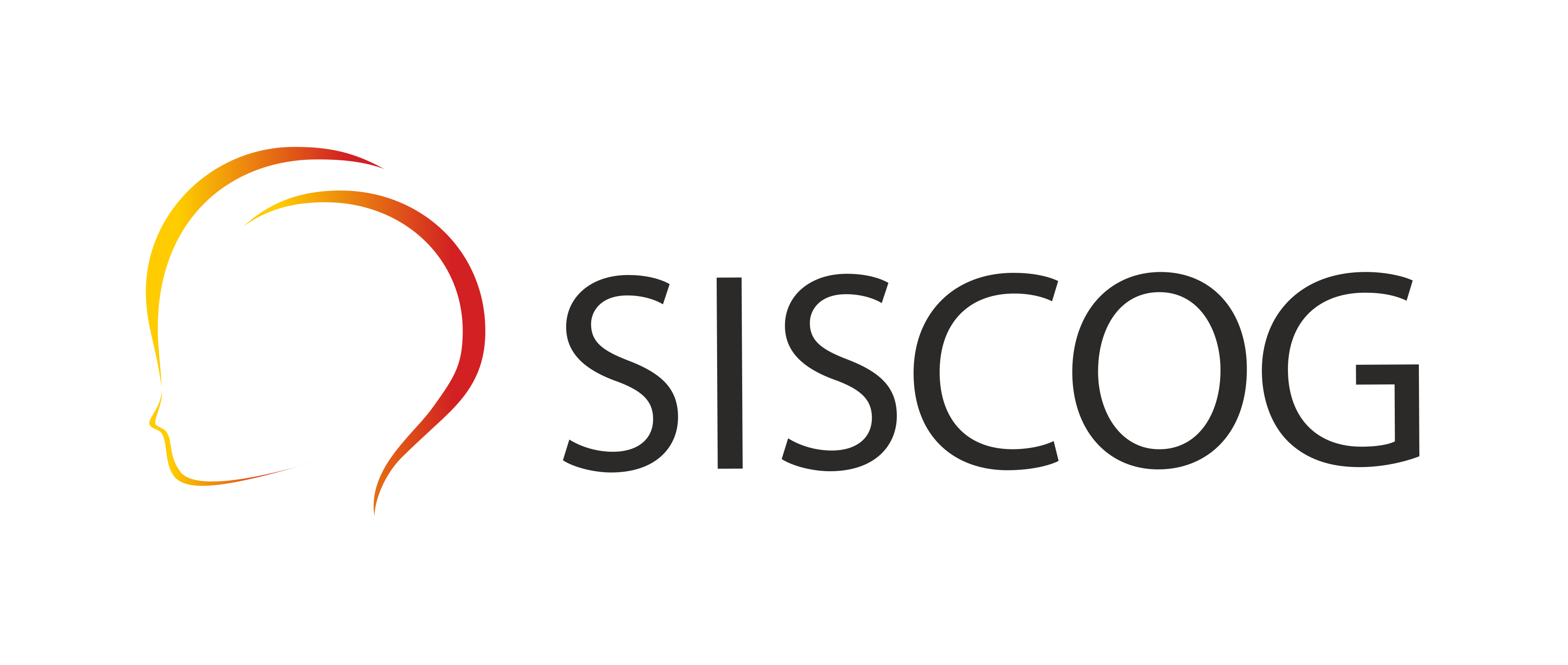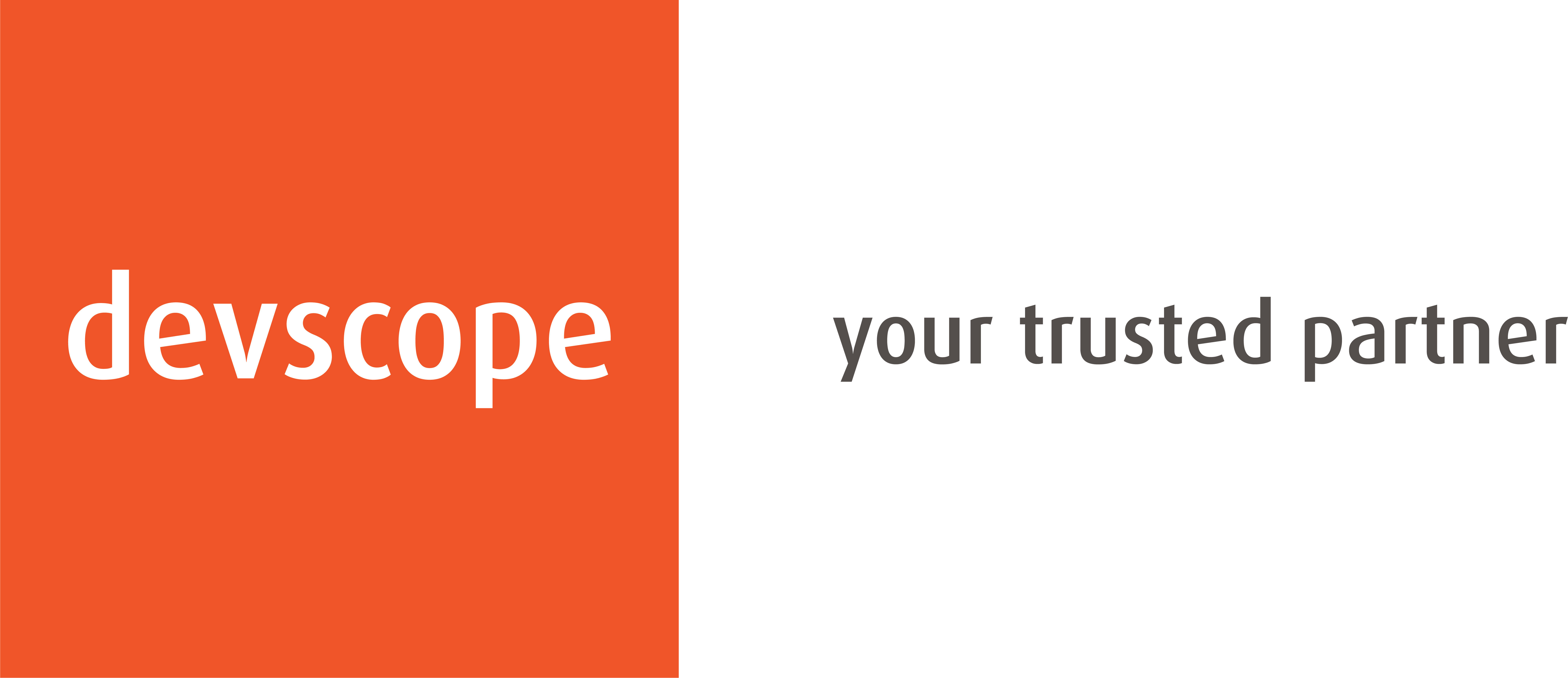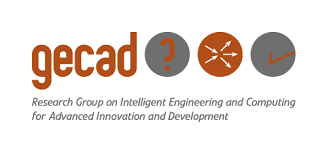Artificial Intelligence in Education (AIEd)
The main track objective is to provide to the academic and education people, a privileged forum where practitioners, researchers, teachers and university students to discuss key issues related to the Artificial Intelligence Techniques in education area. The AIEd 19 track accepts introductory and advanced proposals in AI in Education technologies in these areas (e.g. position paper and full papers).
Topics of Interest
- affective techniques for engagement and motivation
- adaptive and intelligent multimedia and hypermedia systems
- agent-based learning environments
- assessment and testing of learning outcomes
- authoring systems and shells for AIED systems
- cognitive tools for learning
- computer-assisted language learning
- computer-supported collaborative learning
- culturally aware learning systems
- educational robotics
- embedded training systems
- empirical studies to inform the design of learning environments
- environments to support the learning of programming
- help and advice systems
- intelligent courseware for computer-based training
- embedded interface agents
- intelligent tutoring systems
- knowledge representation for instruction
- learning analytics
- modelling metacognitive skills
- modelling pedagogical interactions
- natural language interfaces for instructional systems
- networked learning and teaching systems
- OLMs, Open Learner Models
- performance support systems
- qualitative reasoning in simulations
- situated learning and cognitive apprenticeship
- student modelling and cognitive diagnosis
- support for knowledge building communities
- tools for administration and curriculum integration
- tools for the guided exploration of information resources
- visual, graphical and other innovative interfaces
Paper Submission Instructions
All accepted papers will be published by Springer in a volume of Springer’s Lecture Notes in Artificial Intelligence (LNAI) corresponding to the proceedings of the 19th EPIA Conference on Artificial Intelligence, EPIA 2019.
Submissions must be original and not published elsewhere. Papers should not exceed twelve (12) pages in length and must adhere to the formatting instructions of the conference. Each submission will be peer reviewed by at least three members of the Program Committee. The reviewing process is double blind, so authors should remove names and affiliations from the submitted papers, and must take reasonable care to assure anonymity during the review process. References to own work may be included in the paper, as long as referred to in the third person. Acceptance will be based on the paper’s significance, technical quality, clarity, relevance and originality. All accepted papers must be presented orally the conference by one of the authors and at least one author of each accepted paper must register for the conference.
All papers should be submitted in PDF format through the EPIA 2019 EasyChair submission page. Prospective authors should select the thematic track to which their paper is to be submitted.
Important Dates
Paper submission deadline (Extended) : April 15, 2019 April 30, 2019
Notification of paper acceptance: May 31, 2019, June 7, 2019
Camera ready papers deadline: June 15, 2019, June 21, 2019
Conference dates: September 3-6, 2019
Organizing Committee
Vitor Santos, Universidade Nova de Lisboa, Portugal
Leontios Hadjileontiadis, Aristotle University of Thessaloniki, Greece
João Barroso, INESC TEC and Trás os Montes e Alto Douro University, Portugal
Dalila Durães, ESTG Instituto Politécnico do Porto (IPP)- Portugal
Program Committee
António Lopez Herrera, University of Granada, Spain
Bert Bredeweg, University of Amsterdam, The Netherlands
Goreti Marreiros, Instituto Superior de Engenharia do Porto, Portugal
Hélder Coelho, University of Lisbon, Portugal
Isabel Fernandez de Castro, University of the Basque Country, Spain
Jim Greer, University of Saskatchewan, Canada
Eduardo Solteiro Pires, UTAD University, Portugal
Ernesto Costa, Coimbra University, Portugal
João Barroso, Trás os Montes e Alto Douro University, Portugal
Leonardo Vanneschi, Nova Information Management School of New University of Lisbon, Portugal
Leontios Hadjileontiadis, of ECE, Khalifa University (UAE); Aristotle University of Thessaloniki, Greece
Meni Tsitouridou, Aristotle University of Thessaloniki, Greece
Mauro Castelli,New University of Lisbon, Portugal
Monique Grandbastien, University of Nancy, France
Panagiotis Bamidis, Aristotle University of Thessaloniki, Greece
Paulo Novais, University of Minho, Portugal
Paulo Moura Oliveira, Trás os Montes e Alto Douro University, Portugal
Peter Brusilovsky, University of Pittsburgh, USA
Peter Foltz, Pearson, USA
Pierre Dillenbourg, École Polytechnique Fédérale de Lausanne, Switzerland
Richard Cox, University of Sussex, UK
Sofia Dias, University of Lisbon, Portugal
Sofia Hadjileontiadou – Democritus University of Thrace, Greece
Tasos Mikropoulos, Aristotle University of Thessaloniki, Greece
Vitor Santos, Nova Information Management School of New University of Lisbon, Portugal
Track Supporting Institution
![]()
Track Sponsor



















